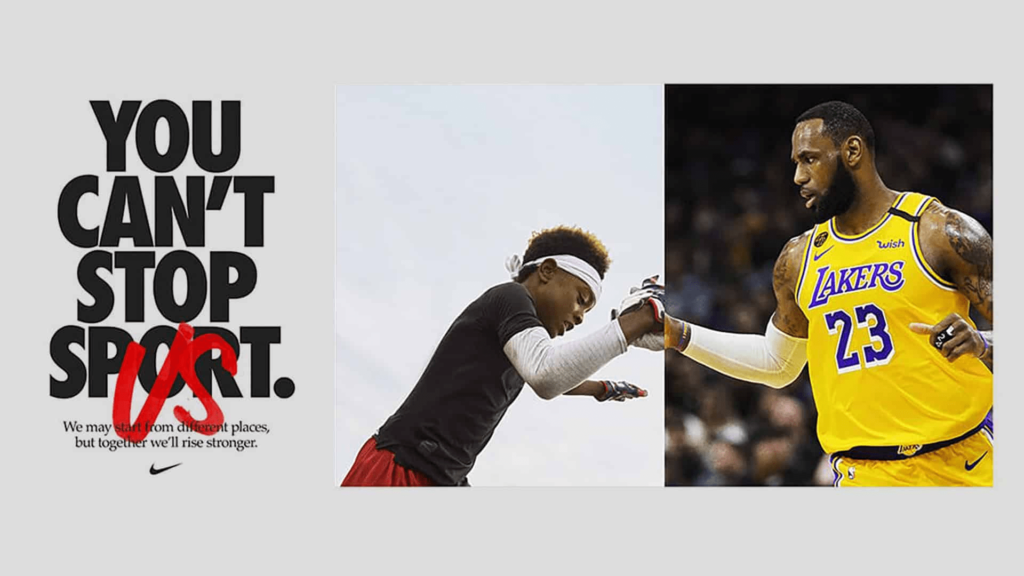
What’s Next for Marketing Research: Are Humans Still in the Game?
As AI continues to infiltrate every facet of business, marketing research stands at a crossroads between human intuition and machine precision.
Now that AI has permeated every aspect of business and the pace of its development suggests it’s coming for all our jobs, it’s easy to imagine a future where marketing research is entirely automated. With its vast computing power, AI could soon dominate this field, processing data faster and more accurately than human teams ever could.
I should probably preface this article by admitting that I’ve always harbored a distinct mistrust for much of the research brands conduct around the marketing space, particularly regarding its impact on creative output. In my experience, research is often a sanity check—a way to justify or rule out ideas. It may suggest what not to do but rarely provides actionable insights on what to pursue. If research were that effective, we’d live in a world of only hit songs, blockbuster movies, best-selling novels, and advertising campaigns that never miss.
I’m also drawn to the Observer Effect, which suggests that the simple act of observation may influence the subject being observed. Simply put, “The act of asking the question changes the answer.” This inherent limitation underscores the challenges of relying solely on research, even as AI promises to eliminate human biases (though maybe insert a few of its own).
AI has already disrupted industries by automating tasks previously thought to require human intuition and creativity. In marketing research, it promises to transform how we collect, analyze, and apply data. From consumer sentiment analysis to campaign optimization, the technology seems unstoppable. But can it truly replace human oversight?
The Current Necessity of Human Expertise in Marketing Research
While AI excels at data processing, humans remain crucial for interpreting nuanced insights, especially in qualitative research. For instance, Procter & Gamble relies on human analysts to decode cultural nuances in global campaigns, ensuring messages resonate across diverse markets.
Even in numbers-driven industries, human involvement is critical. According to a 2023 Forrester report, 68% of companies that use AI for market research still rely on human teams to validate insights and translate them into actionable strategies.
Moreover, AI algorithms often inherit biases from their training data. Human oversight is essential to identify and correct these biases. For example, Facebook’s ad-targeting AI was found to skew results based on racial and gender biases in a 2023 audit, prompting the platform to double its hum an oversight team.

Creativity thrives on intuition and risk, areas where research alone falls short. Nike’s campaigns balance AI-driven insights with human-led storytelling, crafting narratives that connect emotionally with audiences worldwide. Their 2023 “You Can’t Stop Us” campaign integrated AI data to identify trending themes but relied heavily on human creativity to deliver its powerful, unifying message.
How AI is Revolutionizing Marketing Research
Platforms like Oomiji integrate open-ended questions and provide real-time analysis, challenging traditional focus groups by offering deeper, more immediate insights. In a recent case study, Oomiji helped a mid-sized retailer boost customer satisfaction by 35% by identifying previously overlooked concerns.
Similarly, Qualtrics reported that companies using their AI-driven tools cut research timelines by 40% while increasing actionable insights by 25% in 2023. SurveyMonkey has rolled out advanced AI analytics, allowing businesses to generate reports in under an hour, a process that once took weeks.
The future of focus groups may lie in virtual environments led by AI, offering cost savings and scalability. In 2023, Coca-Cola piloted VR-based focus groups, which provided deeper behavioral insights, reducing campaign misalignment by 30%.
AI tools offer instant tabulation of survey data, delivering polished reports in minutes. However, despite their efficiency, these reports often miss contextual nuances. A 2023 study by McKinsey revealed that 48% of companies using automated tools faced misinterpretations in at least one major campaign, underscoring the need for human oversight.
The Potential for Full Automation in the Future
Advanced AI can predict consumer trends with remarkable accuracy, potentially eliminating the need for human hypothesis testing. Case in point: Amazon’s predictive analytics not only improved product recommendations but also increased conversion rates by 22% in 2023.

AI platforms are also starting to develop creative content based on data-driven insights, such as ad copy and design variations. Levi Strauss experimented with AI-generated designs last year, saving 15% on production costs while maintaining high consumer approval rates.
However, the leap to full automation isn’t without hurdles. Gartner projects that only 12% of organizations will achieve fully automated marketing research workflows by 2025, primarily due to trust and ethical concerns.
The Limits of AI Today: Trust, Accuracy, and Ethics
Despite its capabilities, AI struggles with transparency. How it arrives at conclusions is often a black box, raising trust issues. According to a recent PwC survey, 72% of business leaders expressed concern over the opacity of AI-driven insights.
Errors in automated sentiment analysis can mislead campaign strategies. For example, Wendy’s faced significant backlash in 2023 after AI misinterpreted customer sentiment, leading to a poorly received promotion that cost the company $10 million. The misstep highlighted the dangers of relying too heavily on AI without human checks.
Embracing a Hybrid Future
While AI will continue to enhance marketing research, human expertise will remain critical for ensuring accuracy, creativity, and ethical compliance. Businesses must embrace AI while maintaining a strong human element, ensuring the best of both worlds in their marketing research endeavors.
Sources:
• Statista, “AI Use in Marketing,” 2024.
• Forrester, “AI in Market Research,” 2023.
• PwC, “Trust in AI Systems,” 2024.
• McKinsey, “State of AI,” 2023.



